Home / Why It’s High Time: 10 Reasons Why Marijuana Should Be Legal
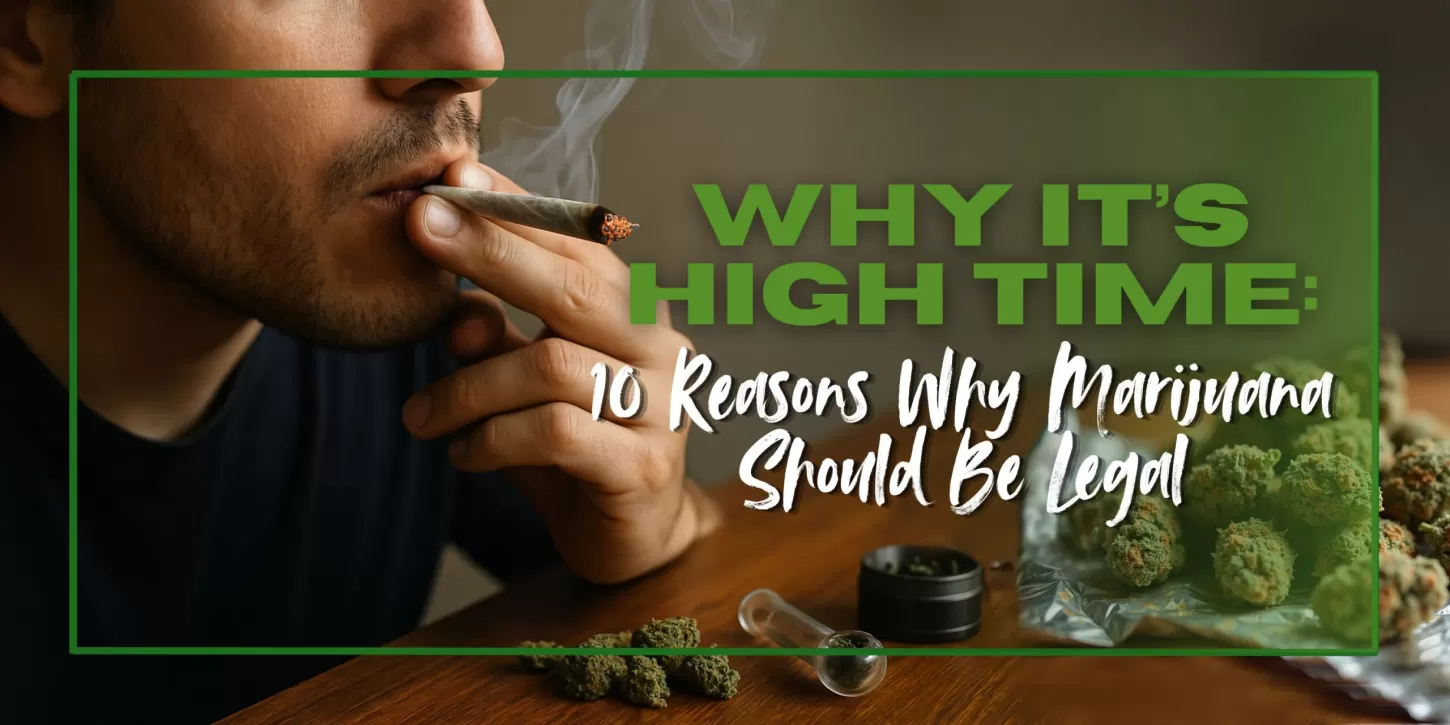
There’s been a growing buzz around the world about legalizing marijuana — and it’s not without good reason. In this blog, we’re diving into 10 reasons why marijuana’s should be legal and how it could bring positive change to society. From stimulating the economy to funding medical treatments, the advantages far exceed the common stereotypes.
The argument isn’t about getting high — it’s about building safer, regulated environments, lowering crime, and providing natural sources of pain and stress relief. In 10 reasons why marijuana’s should be legal, we’ll highlight everything from job creation to tax benefits, and even how legalization can ease the load on law enforcement.
So, whether you’re curious, supportive, or still on the fence, this blog is packed with simple, clear reasons that show why it’s high time for a change.
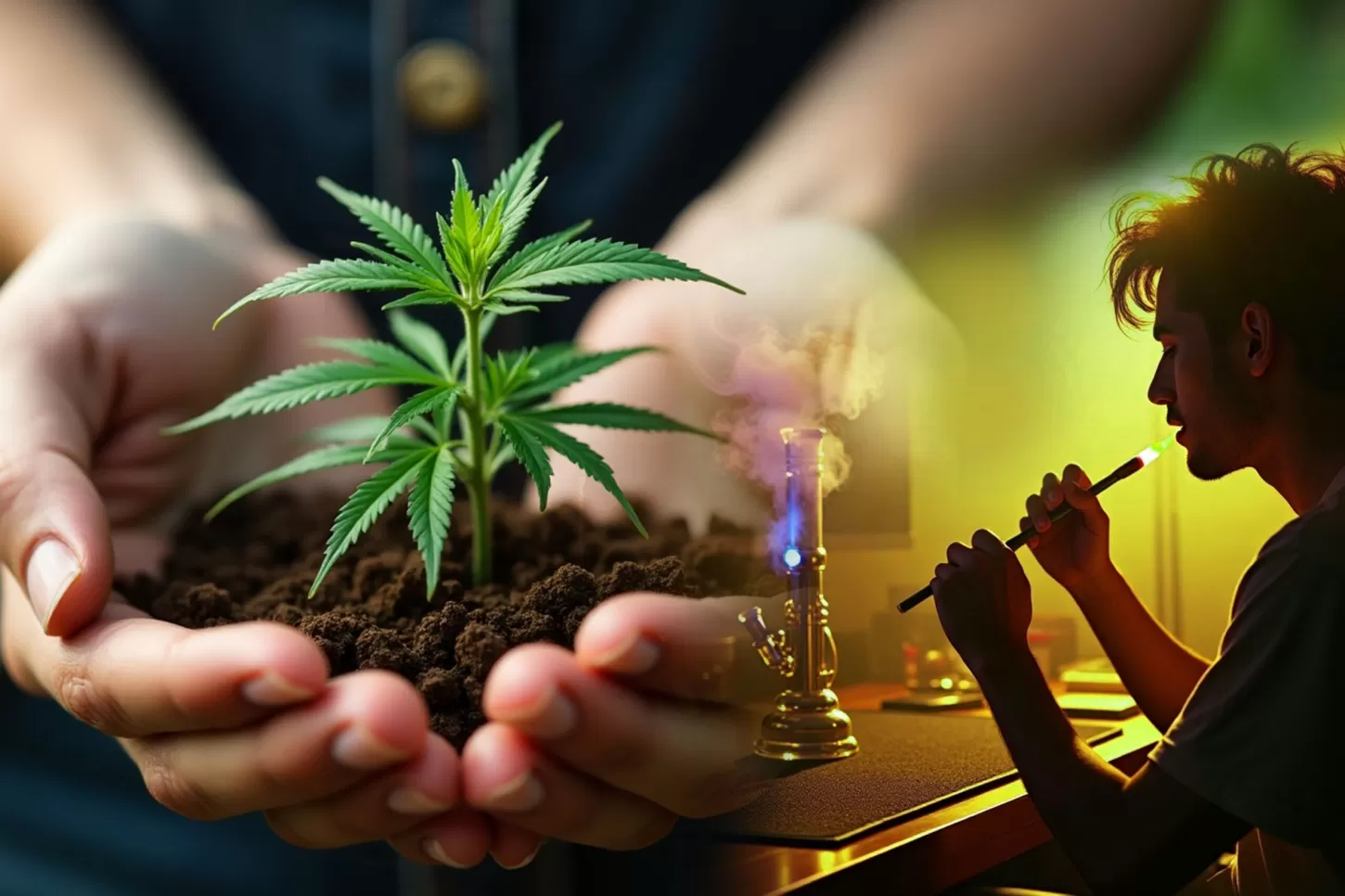
The marijuana legalization debate is growing stronger in most nations, particularly as more parts of the world are turning toward regulated consumption. Regardless of persistent opposition, there are a number of well-documented reasons that marijuanas ought to be legal. The following article looks at the issue from a thorough perspective, attempting to bring illumination and understanding of the advantages of legalization and alleviate typical concerns.
Although some groups oppose it by enumerating the “10 reasons why marijuana should not be legalized,” it is important to weigh those against facts and the possible benefits marijuana can provide when used responsibly.
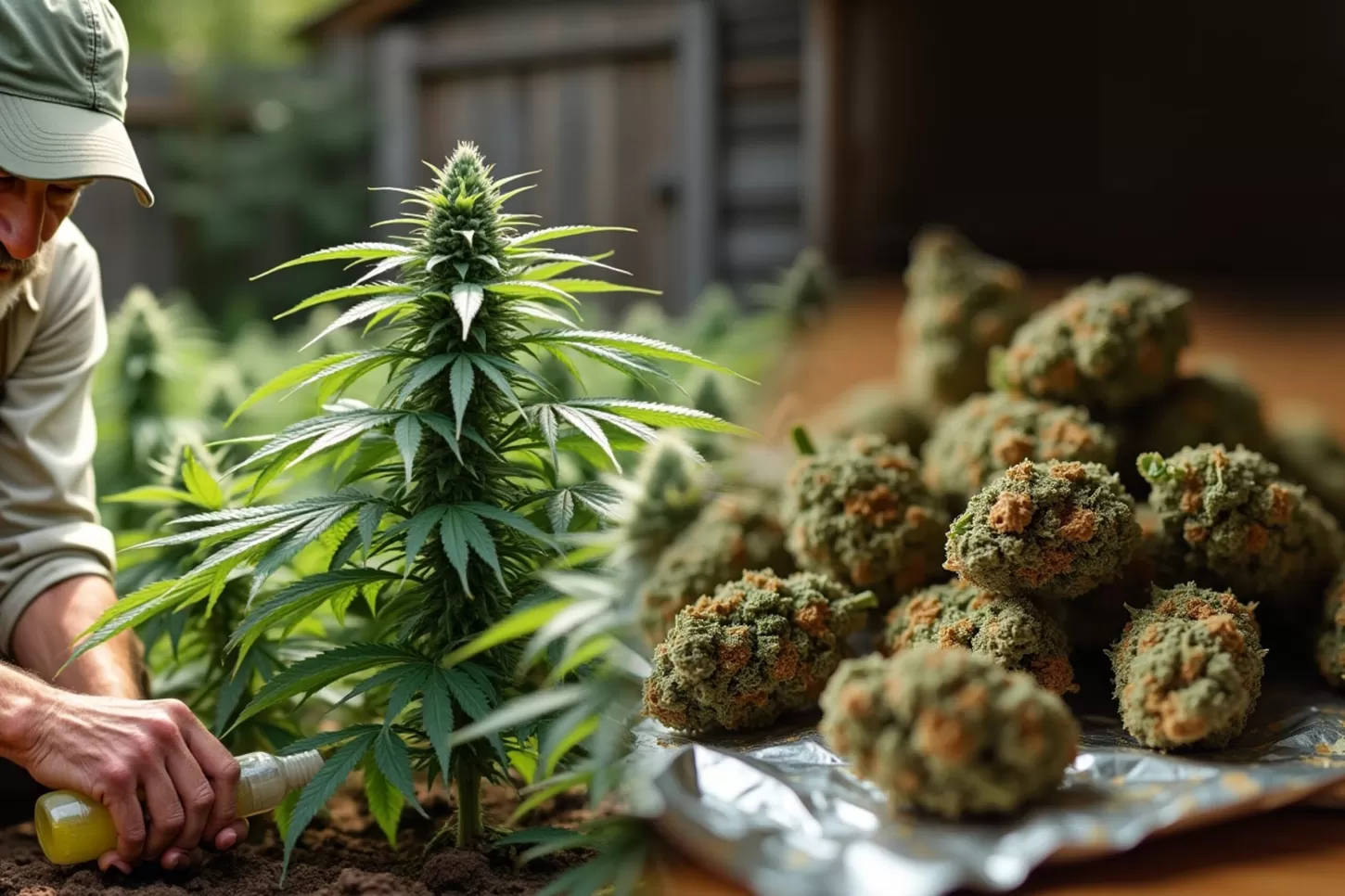
Marijuana has been legally controlled and socially disapproved for decades. But recent scientific studies, economic analyses, and public health information have convinced most jurisdictions to review their stance. Legalization of marijuana isn’t about being blind to potential risks — it’s about legalizing its use responsibly, just as with tobacco and alcohol.
Let’s move in on the best arguments for legalization:
There is no single more persuasive argument for why marijuanas need to be legalized than that of their use as medicine. Marijuana is found to assist in curing chronic pain, nausea, epilepsy, multiple sclerosis, and even anxiety and PTSD symptoms. Legalization of marijuana would make more patients access alternative methods of drugs, improving the quality of life without only the use of pharmaceutical drugs.
Cannabis industries are already generating thousands of jobs and billions in tax revenue where it’s legal. From cultivation and processing to sales at dispensaries and tourism, the marijuana industry has been a local economic stimulant. This would only grow if legalization was practiced more broadly.
One of the most important reasons marijuanas ought to be legalized is that it can lighten the load of the legal system. Thousands are arrested each year for minor marijuana offenses, costing taxpayers millions of dollars. If marijuana were legalized and decriminalized, there would be fewer arrests, police would be relieved, and courts could focus on more serious offenses.
Unlike arguments presented in “10 reasons why marijuana should not be legalized,” studies show that legal marijuana assures safer products. Legal dispensaries sell tested, labeled, and dosage-controlled products, which eliminate the danger of dirty, uncontrolled street marijuana.
Adults should be entitled to make informed decisions regarding their own health and leisure activities. As long as it does not affect others, freedom of choice is a good reason why marijuanas ought to be legal based on the same principles that dictate alcohol and tobacco consumption.
If marijuana is kept illegal, it continues to fund black markets that fund organized crime. Governments can beat out black markets, rid criminal control, and provide consumers better, properly regulated goods by legalizing and regulating marijuana sales.
Legalized pot sales are a huge source of state and nation tax money where they are legal.It is regularly reinvested in public commodities like education, health care, roads, and drug treatment facilities — providing honest value to the broader community.
Legalization has also helped to dissipate the social stigma associated with cannabis consumers. Such a change in attitude can allow for more candid debate regarding moderation, prevention of addiction, and public health — areas of concern usually drowned out by fear-based arguments such as those presented in “reasons why weed should be illegal.”
Legal marijuana farming inspires innovations in green farming methods, indoor farming, and crop cultivation. With an influx of more farmers into the legal market, innovation enhances, not only the cannabis sector, but agriculture overall.
Scientific research on marijuana has been limited by prohibition for a long time. Legalization of marijuana presents opportunities for medical, agricultural, and social studies, with new findings regarding its possible benefits, risks, and general influence on society.
In spite of these benefits, there are still groups that offer the “10 reasons why marijuana should not be legalized.” Typical arguments include concerns regarding greater youth access, driving under the influence, addiction, and public health hazards. Although these are legitimate issues, legalization actually enables governments to regulate, impose age limits, and inform the public about safe use — measures that are hard to implement under prohibition.
Similarly, the “reasons weed should be illegal” tend to depend on dated information or fallacies. Recent research indicates that, if controlled, marijuana carries fewer public health threats than well-accepted substances such as alcohol and tobacco. Legalization is beneficial in the control of such risks through concise regulations, quality control, and health education.
The debate over legalizing cannabis at present tends to get caught up in fears and facts. There are, however, obvious evidence-based arguments in favor of legalizing marijuanas — from its economic and therapeutic benefits to reducing crime and rendering the market safer and more transparent. By emphasizing regulation, education, and harm reduction, societies can achieve the benefits of legalization without diminishing them.
As hearing objections presented under “10 reasons why marijuana should not be legalized” or “reasons why weed should remain illegal,” it’s also crucial to balance those objections against evidence-based advantages of a regulated, legal marijuana industry. As more jurisdictions are looking at policy reform, balanced, informed debates such as this are critical to the development of fair and effective law in the future.
1. Is marijuana safer than alcohol and tobacco?
Yes — studies show marijuana is less addictive and healthier than alcohol and tobacco, which are legal and widely used.
2.Can legalizing marijuana decrease crime?
Yes — legalization can lower drug-related crime, reduce black market activity, and enable police to focus on more serious issues.
3.Will legalizing marijuana generate tax revenue?
Absolutely — marijuana legalization markets have the potential to raise billions of tax dollars that could be invested in schools, health care, and community programs.
4.Is marijuana beneficial medicinally?
Yes — it is used to reduce chronic pain, epilepsy, anxiety, PTSD, and nausea related to chemotherapy, with more studies showing additional benefits.
5.Would legalization result in new jobs?
Yes — from growers to dispensaries to marketers, the pot industry provides thousands of jobs and stimulates local economies.
6. Is marijuana less addictive than other drugs?
Correct — marijuana is far less addictive than alcohol, tobacco, and prescription opioids.
7. Can legalizing marijuana benefit public health?
Yes — controlled products are safer, and public education can reduce abuse, unlike uncontrolled street drugs.
8. Would legalization reduce prison overcrowding?
Absolutely — millions of people are locked up for non-violent marijuana offenses. Legalization would reduce overcrowding and lower criminal justice costs.
9.Is marijuana prohibition expensive?
Yes — governments spend billions of dollars every year on policing anti-marijuana laws, money they could be spending elsewhere.
10.Does legalization comply with individual freedom?
Yes — adults should be able to make their own judgment about marijuana, as with alcohol or tobacco, without endangering criminal punishment.
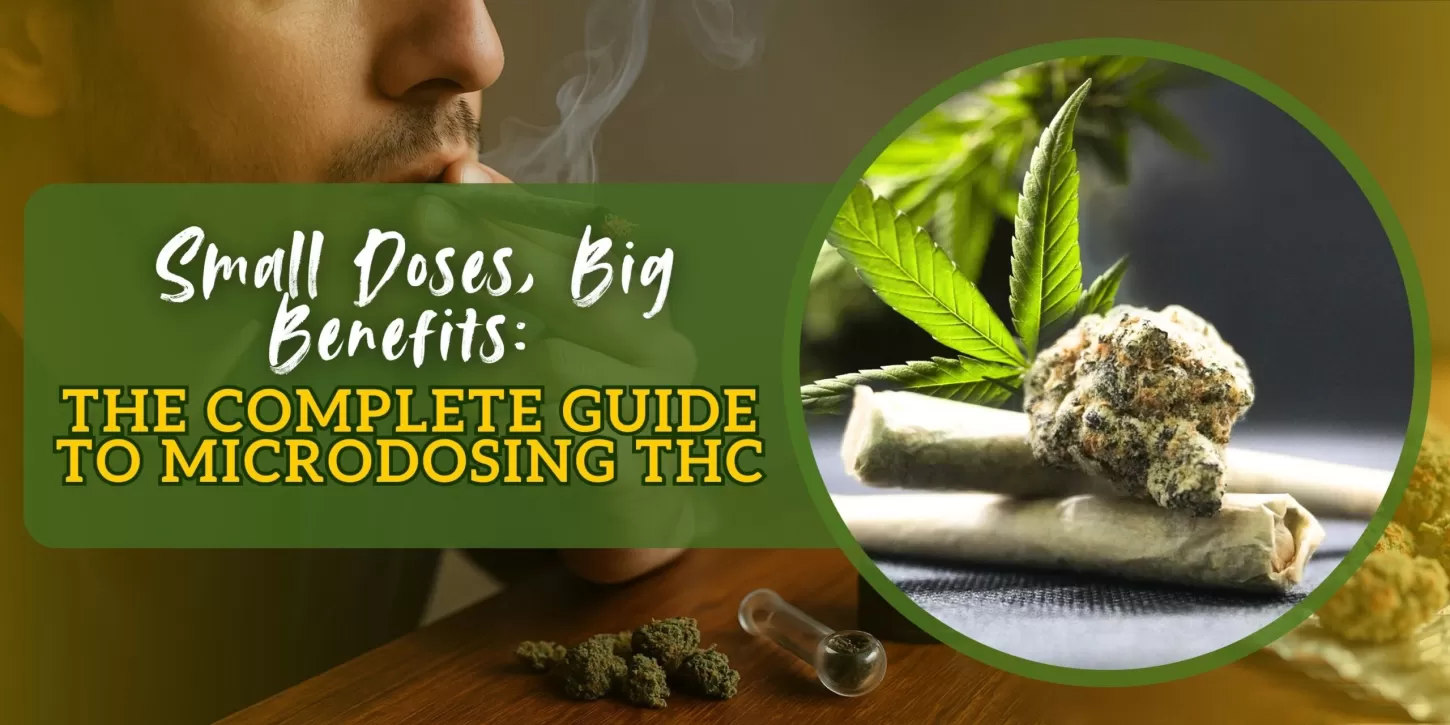
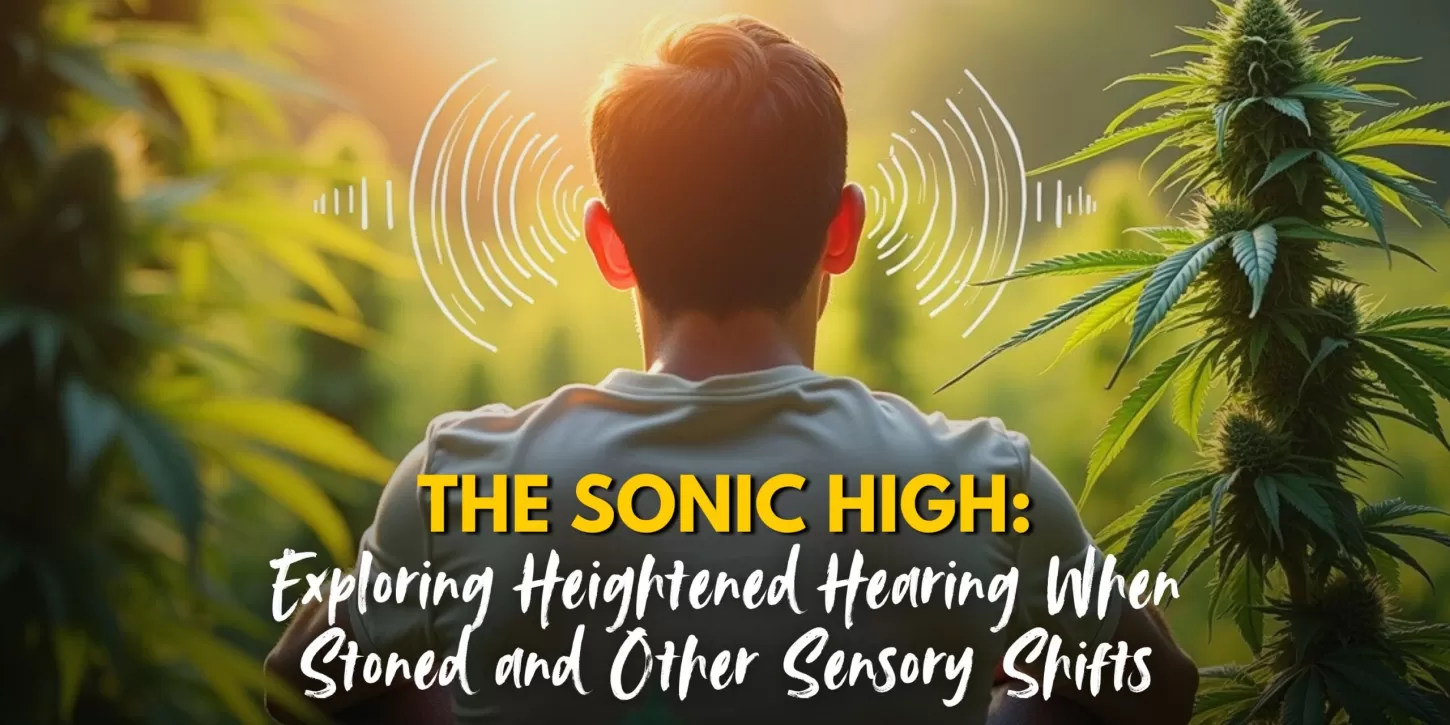

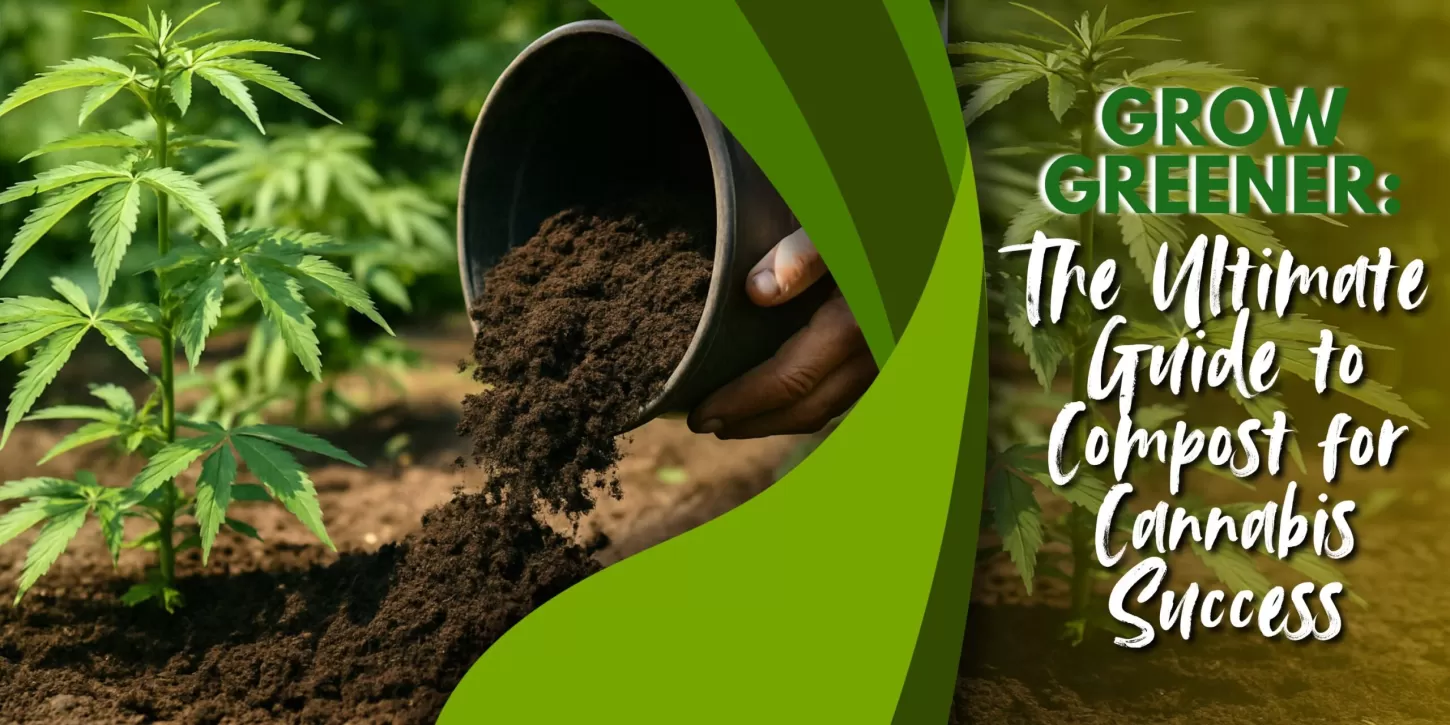
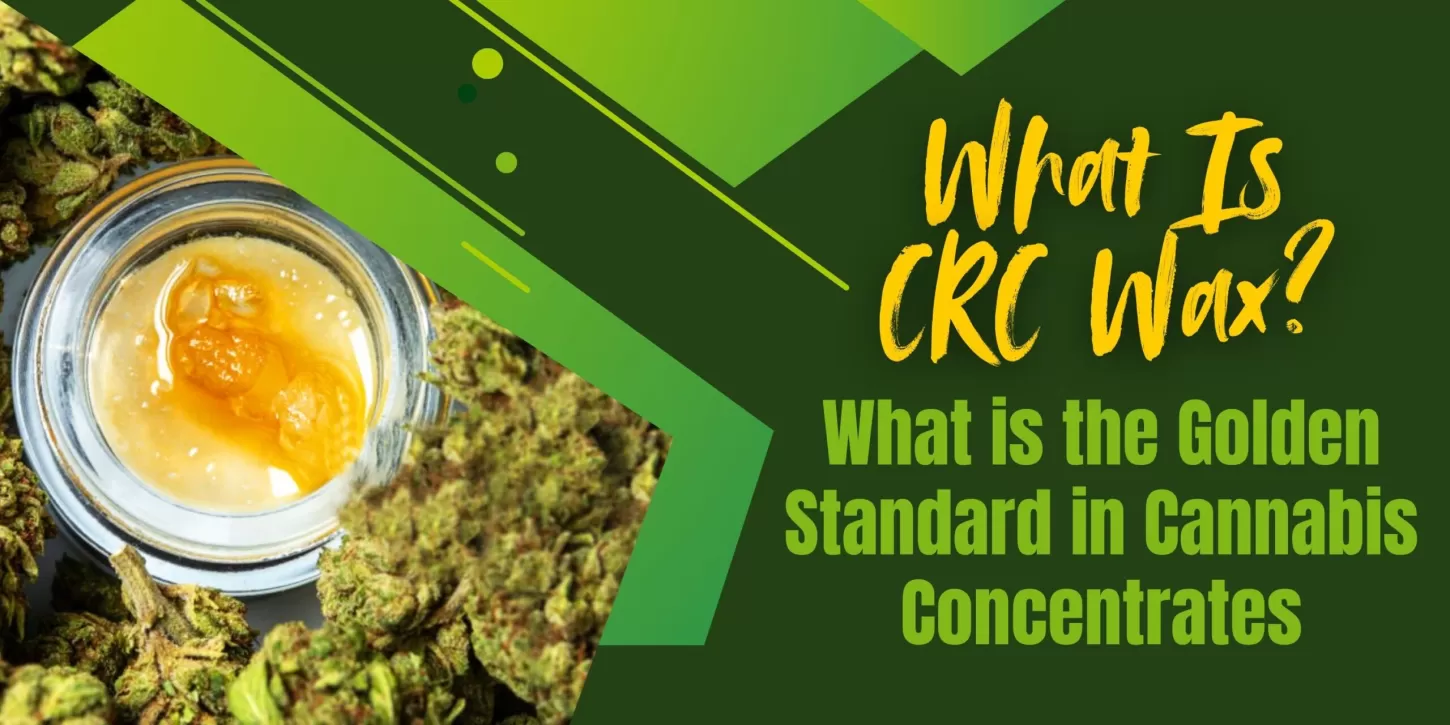




Explore a world of possibilities with VancouverSeedBank.ca. Your premier source for premium cannabis seeds, delivering quality, variety, and discreet shipping for a seamless growing experience.


Are You 18 Or Over?
By selecting “Continue”, you confirm that you are at least 18 years of age and legally permitted to access cannabis related content in your region.
By using Vancouverseedbank.ca, you agree to our terms of service.